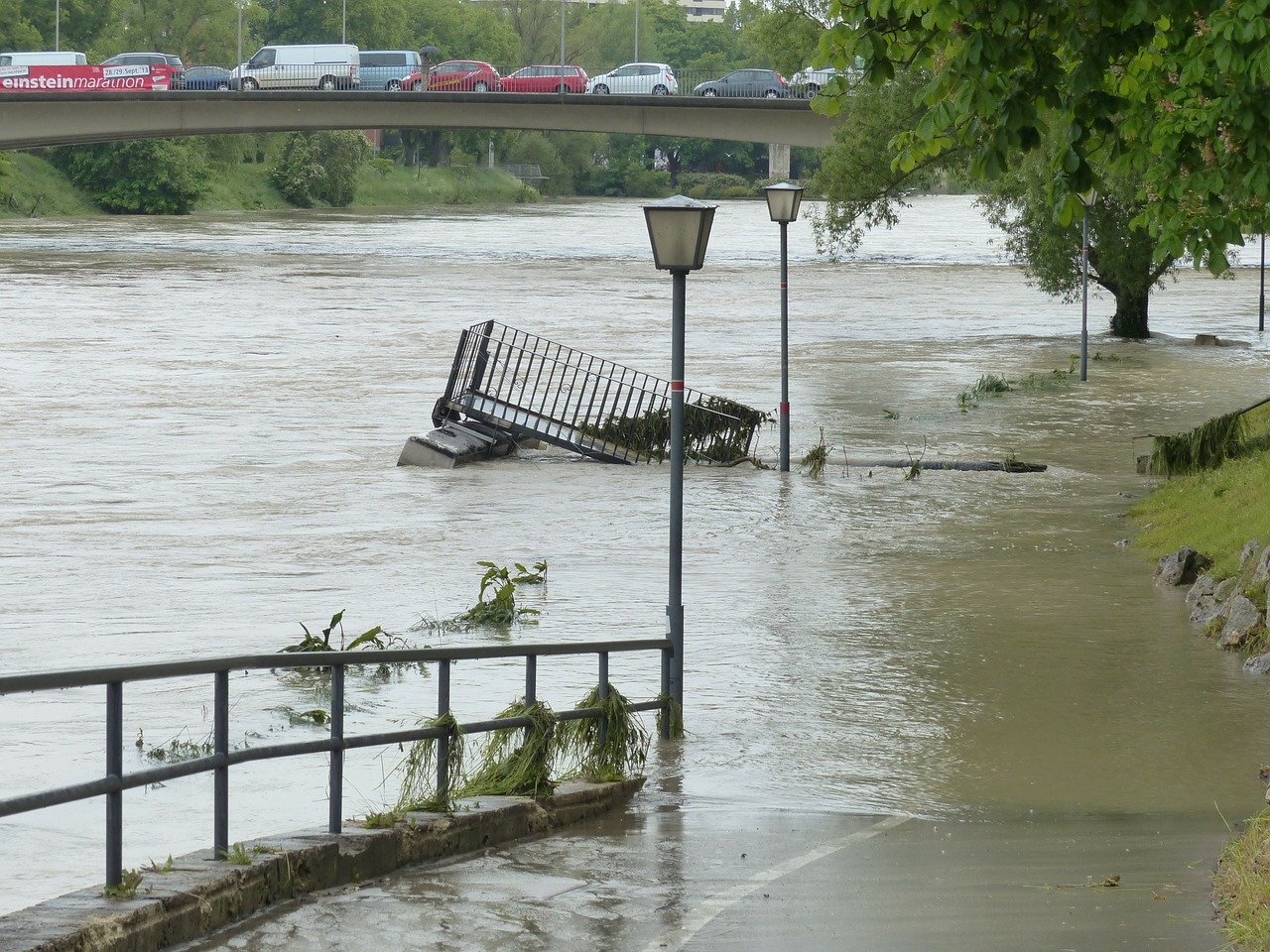Name of the project : Automated analysis of amateur flood images and videos
Type of project : Internships
Summary:
Images and videos of floods captured by amateurs, which are almost always communicated via social networks such as Twitter or the like, are now commonplace. The systematization of their interpretation would provide a new source of precious information that would greatly enrich the still fragmented knowledge on runoff water during exceptional floods. This would make it possible to calibrate digital hydraulic models by estimating the speeds and the distribution of flows, for example, or by estimating flows to document and map the hazards of these phenomena.
The technique of automated processing of amateur films could, in the longer term, pave the way for the development of participatory science in the field of floods. Ultimately, the goal is to envisage the development of the first enriched flood mapping in France or the world, or even of real-time applications for the prevention of risks in the event of sudden phenomena.
In light of this, this Master’s internship aims to bring together image and video processing techniques to exploit the information contained in amateur flood images. The objective therefore is to map (qualify and quantify) the phenomenon based on the following steps:
- Establish a list of characteristics to be extracted from the images;
- Study the available media such as videos and photos of floods and major flooding to understand the technological obstacles of the measures to be carried out;
- Gather state of the art image/video analysis techniques (segmentation, CNN, etc.) that resolve the issue and assess them based on pre-selected images/videos;
- Suggest improvements or adaptations of the techniques chosen at the end of the evaluations;
- Demonstrate or prove feasibility on the preselected images/video. The treatments proposed will obviously incorporate an evaluation of the uncertainties of the measurements obtained.
Name of supervisor(s) : Eva Dokladalova (LIGME/ESIEE), Eric Gaume (GERS/UGE Nantes)
Name of student(s): Zhengde Qiu
Start and end of the project : 27 April 2020 - 25 September 2020
Duration : 4 months

